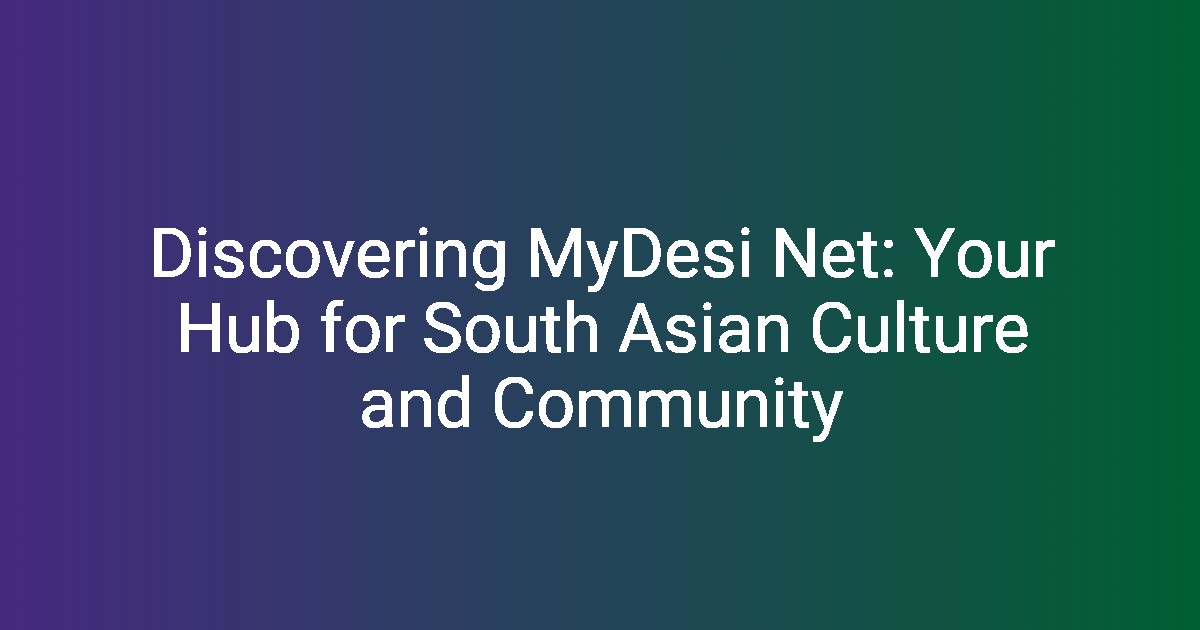In an age saturated with digital content, does the allure of the forbidden truly hold sway? The relentless pursuit of explicit material, particularly within niche categories like "desi" content, underscores a persistent and often controversial aspect of online behavior. This exploration delves into the darker corners of the internet, examining the search trends, the platforms that host them, and the societal implications of such pervasive online activity.
The digital landscape is awash with search terms reflecting specific desires and interests. Terms like "7731 upload story story must be full" hint at a demand for complete narratives within a particular genre, potentially alluding to user-generated content or a specific platform where such requests are common. The repetition of this phrase emphasizes the importance of completeness and detail in satisfying the searcher's curiosity. Phrases like "Newest best most viewed longest random" highlight the user's quest for variety and novelty, suggesting an engagement driven by a desire for the freshest and most popular content, but also a willingness to explore the unexpected. The direct and explicit nature of terms like "Resmi nair nude threesome sex video" and "Sonia arora nude live masturbation" leaves little to interpretation, revealing a demand for specific types of adult entertainment involving particular individuals or scenarios. These searches often reflect a craving for voyeuristic experiences, tapping into the human fascination with intimacy and sexuality, albeit in a digital and often anonymized context.
| Content Category: Desi Adult Entertainment | |
|---|---|
| Characteristic | Description |
| Geographic Focus | Primarily India and the South Asian diaspora ("Desi"). Includes references to Indian bhabhis, aunties, college girls, and "madamji." |
| Content Type | Explicit adult content, including videos and images. Keywords suggest a variety of scenarios, including amateur, professional, and "scandal" content. |
| Language | Primarily Hindi and English, with some references to Tamil, Telugu, Mallu, and Bengali. |
| Platforms | Mentioned websites include Mydesi.net and Desipapa, suggesting platforms dedicated to hosting and distributing this type of content. |
| User Demand | Search terms indicate a high demand for specific scenarios, individuals, and qualities (newest, best, most viewed, longest). |
| Ethical Considerations | Raises concerns about consent, privacy, and exploitation, particularly in the context of "scandal" content and amateur videos. |
| Legal Considerations | Distribution and consumption of such content may be subject to local laws and regulations regarding pornography and obscenity. |
| Potential Impact | Can contribute to the objectification of women, unrealistic expectations about sex, and the normalization of non-consensual acts. |
| Reference | (While no single authoritative website can be linked due to the nature of the content, consider referencing organizations focused on online safety and ethical media consumption) e.g., NetSmartz |
The presence of sites like "Mydesi desi mms videos free indian sex videos desi girl desi bhabhi desi aunty desi school sex tamil telugu mallu bengali sex mydesi.net" and "Desipapa latest sex videos of indian bhabhi's, aunties, college girls and the best amateurs from real india" suggests a thriving ecosystem catering specifically to this niche. These platforms often curate content based on ethnicity, age, and relationship status, further segmenting the market and catering to increasingly specific desires. The use of terms like "desi girl," "desi bhabhi," and "desi aunty" highlights the cultural context of the content, potentially tapping into specific cultural norms, fantasies, or taboos. The inclusion of phrases like "desi school sex" raises serious ethical concerns about the exploitation of minors and the potential for illegal content. Sites like "Desipapa features real hindi porn and sex scandals" explicitly market the "authenticity" and scandalous nature of their content, suggesting a desire for realism and a willingness to engage with potentially harmful or exploitative material. The phrase "Sweet young & mature indians acting like filthy whores while getting fucked" is deeply problematic, perpetuating harmful stereotypes and objectifying women. The use of derogatory language reinforces negative attitudes towards female sexuality and contributes to a culture of misogyny. The inclusion of phrases like "Desi bhabi and bf in net cafe" and "Desi dirty office madamji wants my big" suggests a fascination with everyday scenarios and a desire to sexualize ordinary interactions. These searches often reflect a blurring of boundaries between fantasy and reality, potentially leading to the objectification of individuals in real-life settings.
- All About Puskas Award 2024 Ceremony Nominees More
- Exploring Leif Garrett The Untold Story Of Innovation Legacy
The implications of these search trends are far-reaching and multifaceted. On a societal level, the widespread consumption of explicit content can contribute to the objectification of women, the normalization of unrealistic sexual expectations, and the perpetuation of harmful stereotypes. The focus on specific ethnicities and cultural groups can also fuel prejudice and discrimination, particularly when content relies on harmful stereotypes or reinforces existing power imbalances. The anonymity afforded by the internet can embolden individuals to engage in behaviors they might otherwise avoid, leading to a desensitization to violence, exploitation, and coercion. Furthermore, the economic incentives driving the production and distribution of explicit content can create a system where vulnerable individuals are exploited for profit. The demand for "real" and "scandalous" content often pushes the boundaries of ethical and legal behavior, potentially leading to the production of non-consensual material or the exploitation of minors. The prevalence of amateur content also raises concerns about privacy and consent, as individuals may be unknowingly or unwillingly featured in videos or images that are then widely distributed online.
From a psychological perspective, the consumption of explicit content can have both positive and negative effects. For some individuals, it can serve as a form of sexual exploration, providing an outlet for curiosity and fantasy. However, excessive consumption can also lead to addiction, desensitization, and unrealistic expectations about sex and relationships. The constant bombardment of hyper-sexualized images can distort perceptions of beauty and desirability, leading to body image issues and low self-esteem. Furthermore, the consumption of violent or degrading content can contribute to the development of harmful attitudes towards women and the normalization of abusive behaviors. The anonymity of the internet can also create a sense of detachment from the consequences of one's actions, leading to a lack of empathy and a willingness to engage in harmful or exploitative behavior.
Addressing these issues requires a multi-pronged approach involving education, regulation, and individual responsibility. Education is crucial in promoting media literacy, critical thinking, and healthy attitudes towards sex and relationships. By teaching individuals how to critically evaluate online content, we can empower them to make informed choices and resist the influence of harmful stereotypes and unrealistic expectations. Regulation is necessary to protect vulnerable individuals from exploitation and to hold accountable those who produce and distribute illegal or harmful content. This includes stricter enforcement of laws against child pornography, non-consensual pornography, and online harassment. However, regulation must also be balanced with the need to protect freedom of speech and avoid censorship. Ultimately, individual responsibility is paramount in creating a healthier online environment. By being mindful of the content we consume and the messages we promote, we can collectively challenge harmful stereotypes, promote respect and consent, and create a more equitable and ethical digital landscape. This includes being aware of the potential consequences of our online actions and refraining from engaging in behaviors that could harm others. It also involves supporting organizations and initiatives that are working to combat online exploitation and promote digital safety.
- Who Is Rick Ross Spouse Discovering Their Life 2024
- Who Is Michael Ealy The Actors Roles Career And More 2024 Update
In conclusion, the search terms and platforms discussed above represent a complex and often troubling aspect of online behavior. While the internet can provide a space for exploration and expression, it also carries the risk of exploitation, objectification, and the perpetuation of harmful stereotypes. By understanding the motivations and consequences of these online activities, we can work towards creating a more responsible and ethical digital environment.
- Liam Hemsworths Child A Balanced Look At Celebrity Family Life
- Explore Sally Struthers Impact Tv Activism Amp Why She Matters


